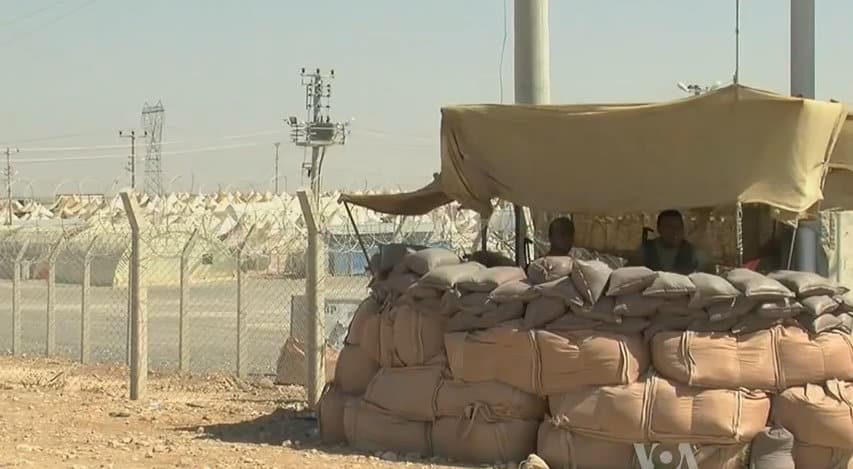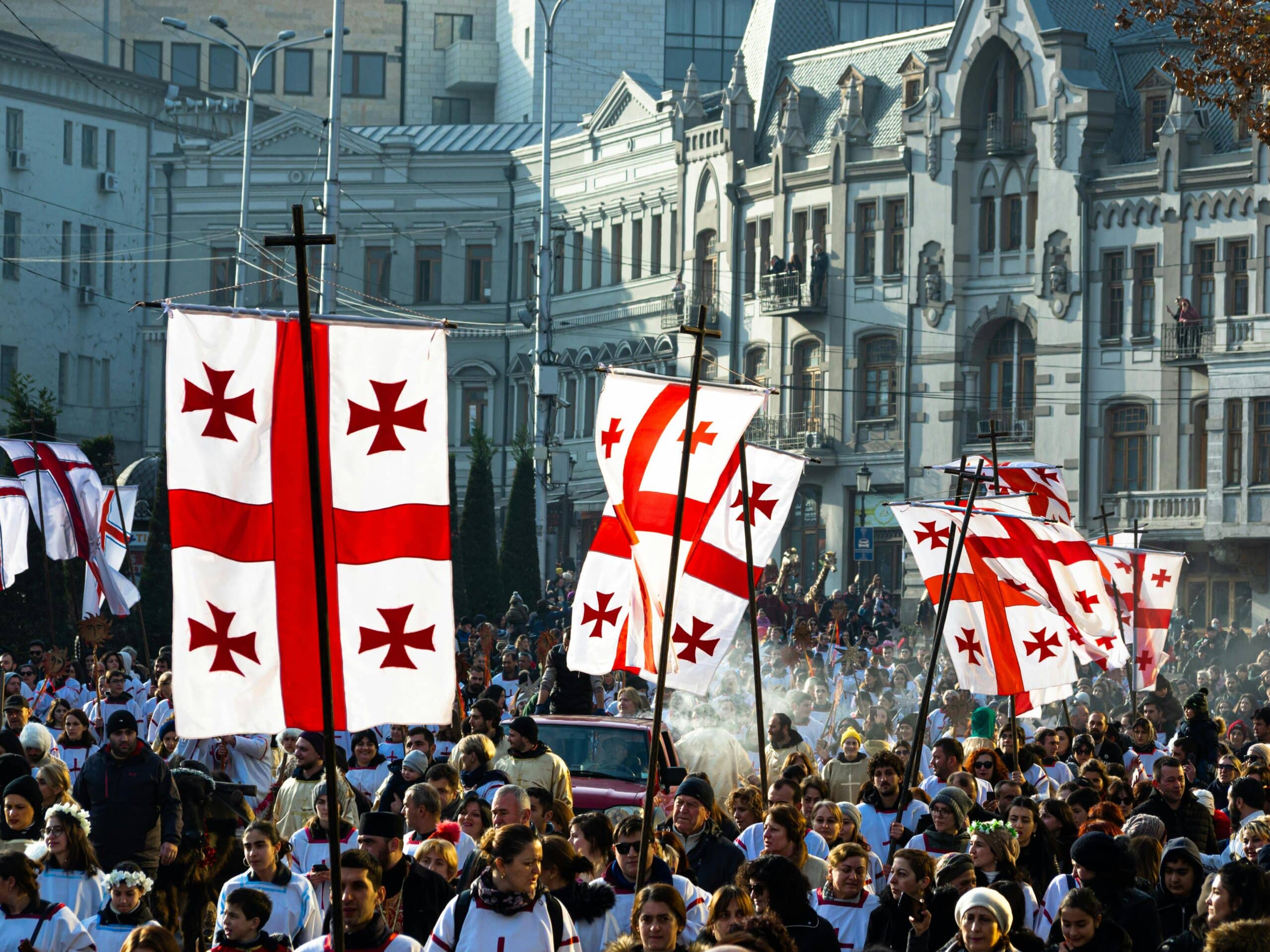By Challine Boorsma
After the introduction of the Turkey-EU deal (2016), it seemed that the Syrian refugee crisis was largely over. The news was no longer dominated by images of overcrowded rubber boats filled with people trying to get to the Greek islands from Turkey. Yet the cause of the refugee crisis has not been resolved. The war in Syria continues unabated. In addition, the immediate motivation for those seeking to cross European borders were the poor living conditions in Turkey. In 2018, Turkey has around 4 million refugees. The majority are from Syria, along with people from Afghanistan, Iraq, Iran, Pakistan, and a number of other nationalities, including several African countries. The uncertainty and hopelessness in Turkey was the reason for many to undertake the dangerous and costly journey to 'Fortress Europe'. Has anything changed since then about the situation of refugees in Turkey, two years after the Turkey-EU deal?
Rights not respected
Some significant improvements have been made, especially in terms of access to education and healthcare. Overall, however, the situation for refugees in Turkey still does not meet the requirements for international human rights and the specific rights of refugees. On paper, many of these rights do exist, but in practice, refugees in Turkey still experience many problems. Syrian refugees are the subject of heated political debates, with the interests of refugees themselves often given less weight. As for non-Syrian refugees, they are not seen as the responsibility of the Turkish state, and are under so-called 'international protection' by UNHCR, the UN refugee agency. In practice, this means that these refugees receive hardly any support.
Insufficient protection
On the one hand, the Turkish government stresses the importance of welcoming the foreign 'guests' (misafir), as refugees are often called, but on the other hand, that hospitality also appears to have an expiry date. In the public debate, it is increasingly said that it is time for Syrians to return to their own country. Syrians have no legal status as refugees, but are under 'temporary protection'. This precarious situation contributes to the difficult integration and many problems Syrians experience in their living conditions in Turkey. There is discrimination, abuse and unequal treatment, resulting in exploitation and poor access to social services. Only 10% of Syrians in Turkey live in refugee camps, particularly along the Syrian-Turkish border. However, the vast majority have to fend for themselves in urban areas. Syrians generally do not receive an official residence permit, but only an identity card (kimlik) that determines which area the holder is allowed to live in. There is also little to no support for refugees from the Turkish state to integrate and learn the language. Moreover, tolerance for Syrians in Turkish society has declined sharply, especially since the economic situation has worsened. Syrians are accused of taking away Turks' jobs because they work for lower wages. However, it is almost impossible for Syrians to get a work permit, which necessitates taking on illegal, dangerous and poorly paid work. In addition, three quarters of Syrian children in Turkey do not attend school. Instead, many minors are put to work to supplement the family's income. It is also very difficult to find affordable housing. Syrians are charged higher rents, forcing many to live in poor living conditions. Furthermore, there is a constant risk of eviction and other abuses of the precarious position of refugees, who are hardly protected by the law. There are even rumours of forced deportations to Syria, as reported by human rights organisations.
No safe country for refugees
The protection of refugees in Turkey leaves much to be desired. Aid from the European Union could improve the situation of refugees in Turkey, but it is unclear exactly where the financial contribution stipulated in the Turkey-EU deal will be spent. On paper, Turkey is seen as a safe country for refugees, making it permissible to send so-called 'illegal migrants' from the European Union back to Turkey. However, practice shows that refugees in Turkey are far from being protected. From European countries, there is so far little political will to change this situation. Reception in the region sounds ideal to many, but then something must actually be done to support this reception.
Photo: Wikipedia





